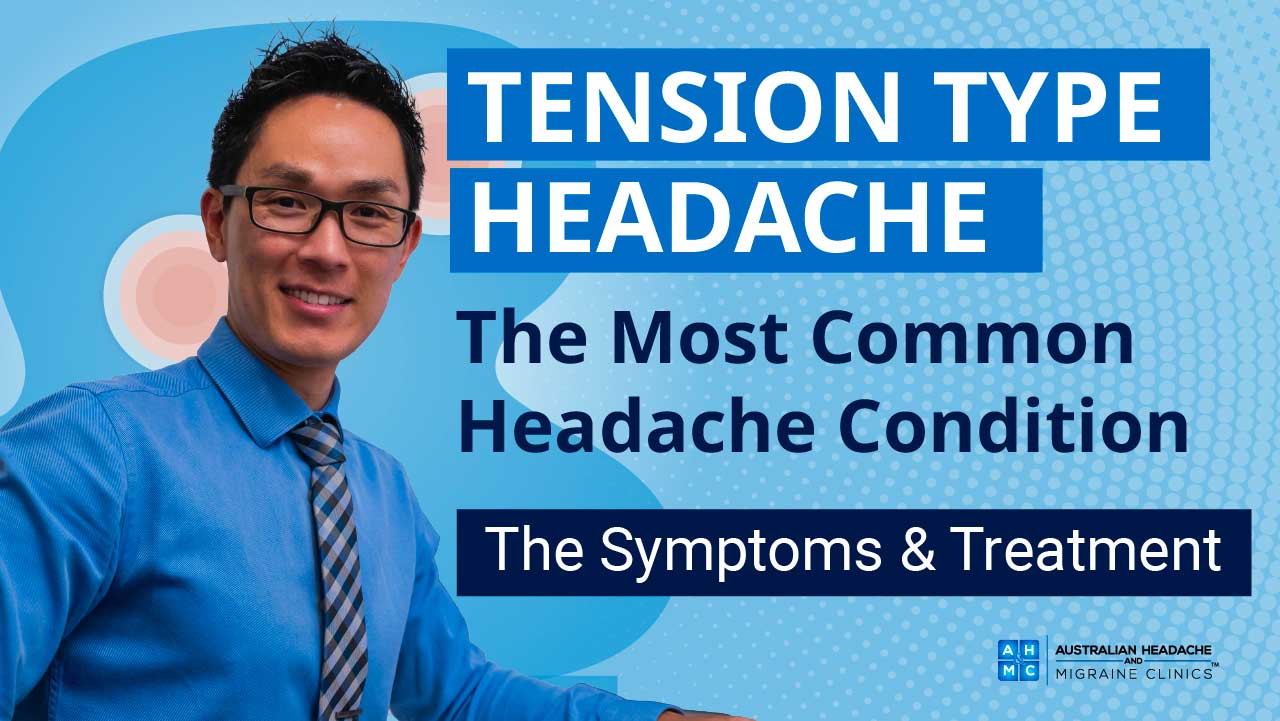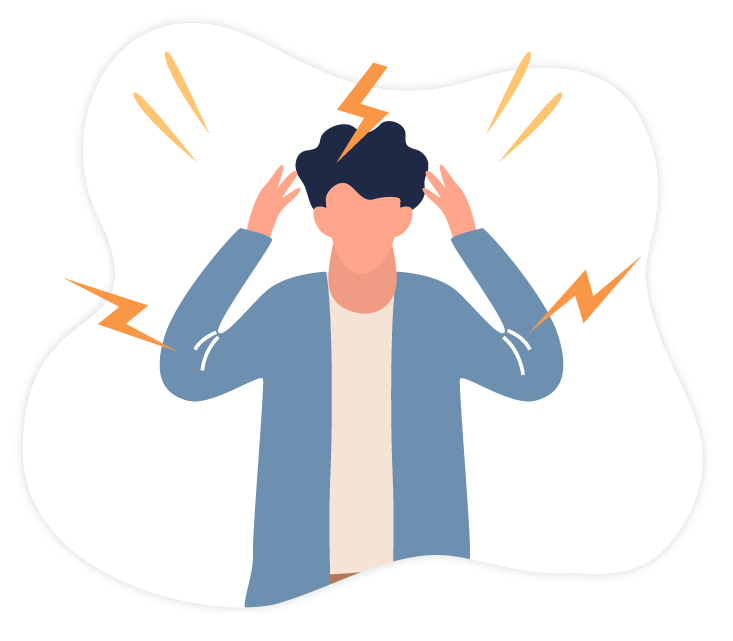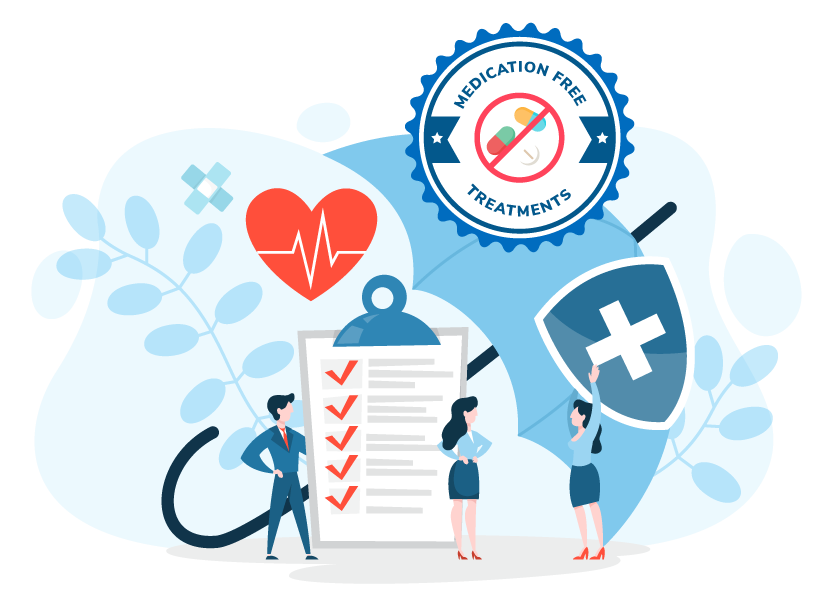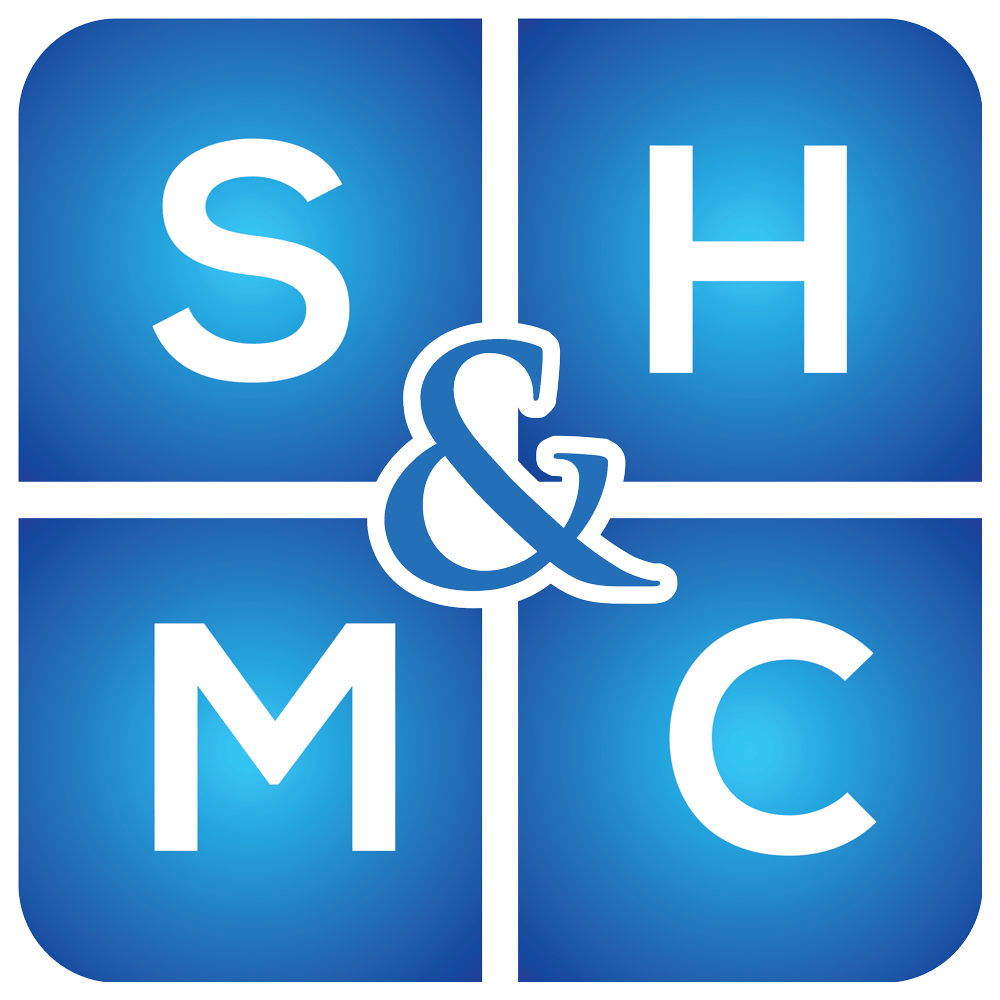Understanding your Headache
Tension Headache Symptoms:
Tension Headache patients normally describe their head pain as if they were wearing a tight helmet or exercise headband which can become tighter and tighter around their head. Tension headaches are not considered to be accompanied by an overly severe headache pain. The pain can last anywhere between 30 minutes and up to 7 days and the intensity can range from mild to moderate. Vomiting and nausea are not features of tension-type headache however patients can have a sensitivity to sound or light.
How Are Tension Headaches Different From Migraines?
People who suffer from tension-type headaches are often wrongly diagnosed as suffering from migraines. The key difference between the two is that tension-type headaches are described as a bilateral, tightening or pressing sensation around the head, whereas migraine sufferers describe their attacks as a unilateral, pulsating pain in the head or face. Tension-type headaches are often mild-moderate in terms of intensity, and migraines are often more severe.
Also, tension-type headaches will generally not get worse with normal activities and exercise, whereas these will aggravate a migraine.
What causes Tension-Type Headaches?
With more modern research, we now know that tension-type headaches are not actually caused by a tightening of muscles around the head. In fact, EMG studies have shown that there is no increase in muscle activity in the head or face in these people at all. More recent studies are starting to identify that people who experience tension-type headaches have some increased sensitisation of pain pathways in the central nervous system and brain stem [2].
Modern headache research suggests that tension-type headaches arise from problems in the upper cervical spine (C1-3). These patients have been shown to have an ‘up-regulated’ Trigemino-cervical Nucleus (TCN) as part of a sensitised brain stem [3]. This sensitised brainstem then interprets information coming from nerves in the neck incorrectly, sending symptoms around the head. This pain, referred from a sensitised brainstem, is what sufferers of tension-type headache patients are experiencing.
Organise Your Initial Assessment
What are the Different Types of Tension-Type Headache?
1. Episodic Tension-Type Headache
Episodic Tension-Type Headaches are defined by the frequency of attacks a person experiences, per month. Typically, a person who has attacks on fewer than 15 days per month, is experiencing episodic tension-type headaches [3]. These headaches tend to peak in the fourth decade of life (30-39 years) in both males and females, with a prevalence of 42% for men and 46% for women of this age. Women, on average, are most likely to experience these types of headache [3].
2. Chronic Tension Headache
Chronic Tension-Type Headache is when attacks are experienced more frequently. If a person experiences attacks on more than 15 days per month, for longer than a three-month period then their condition is classified as chronic tension headaches[1, 3]. As these headaches are more persistent, they can be very debilitating. Sometimes these people can have these headaches for between 10-30 years, and they can become resistant to painkillers.




































